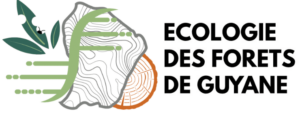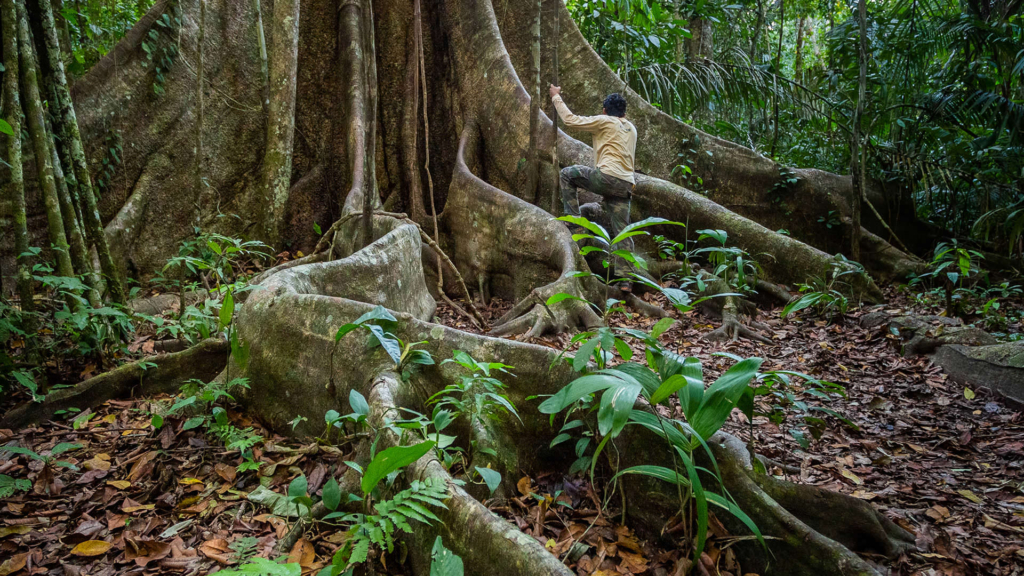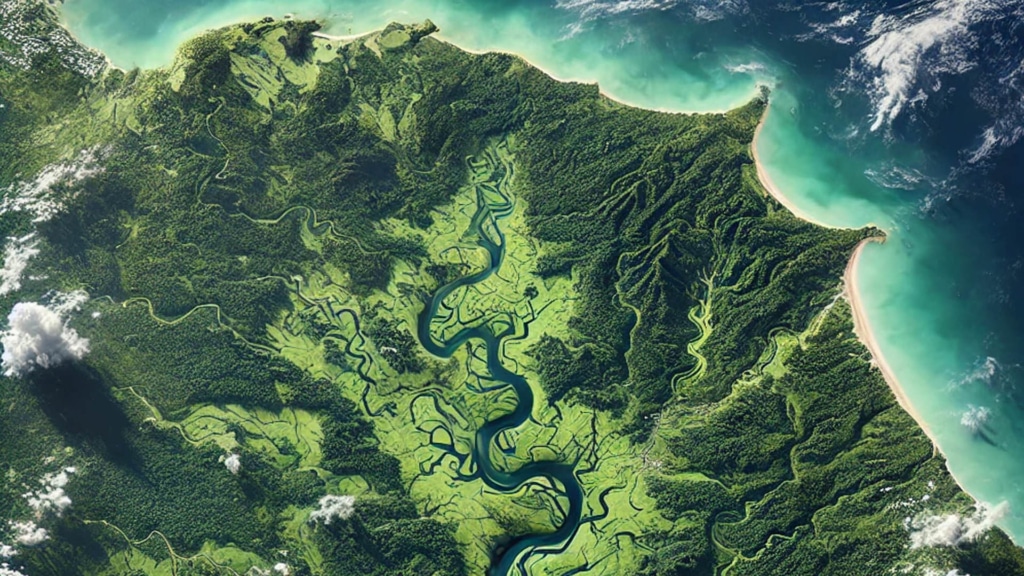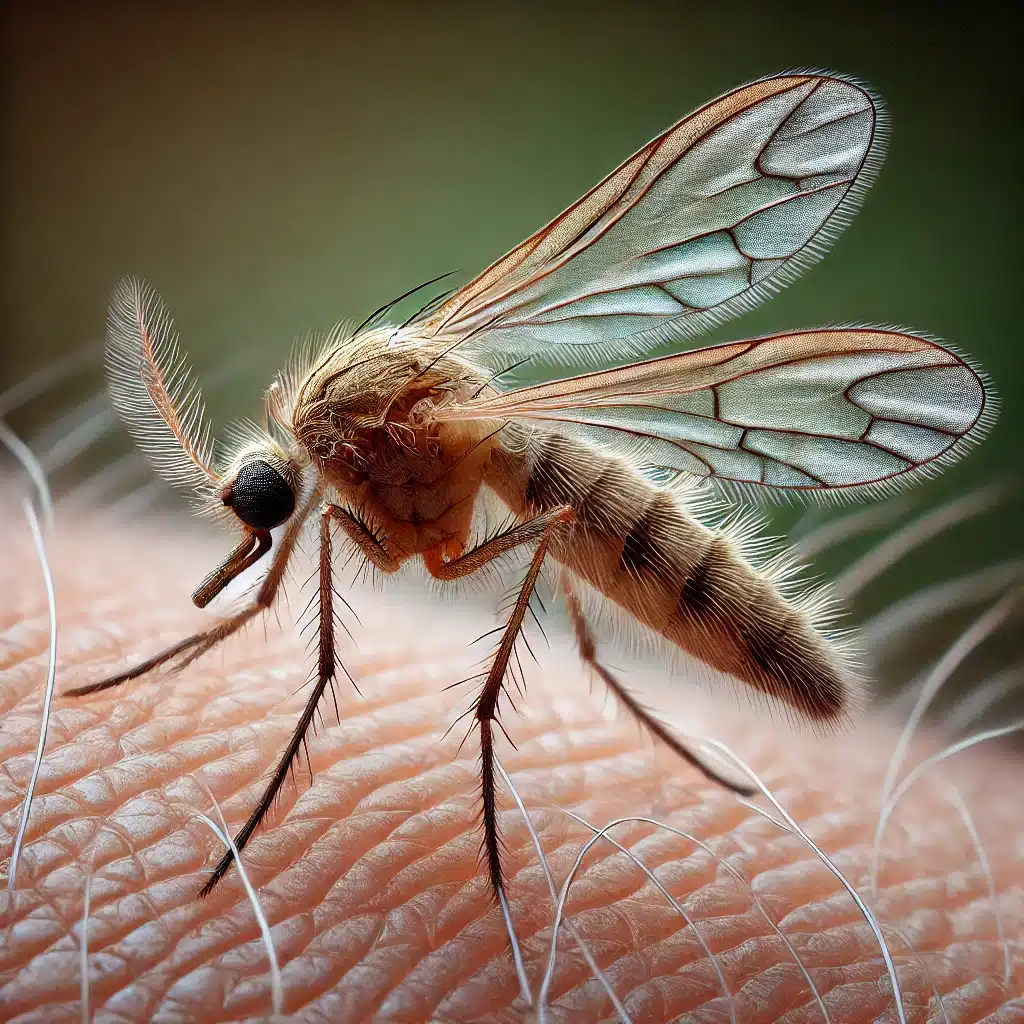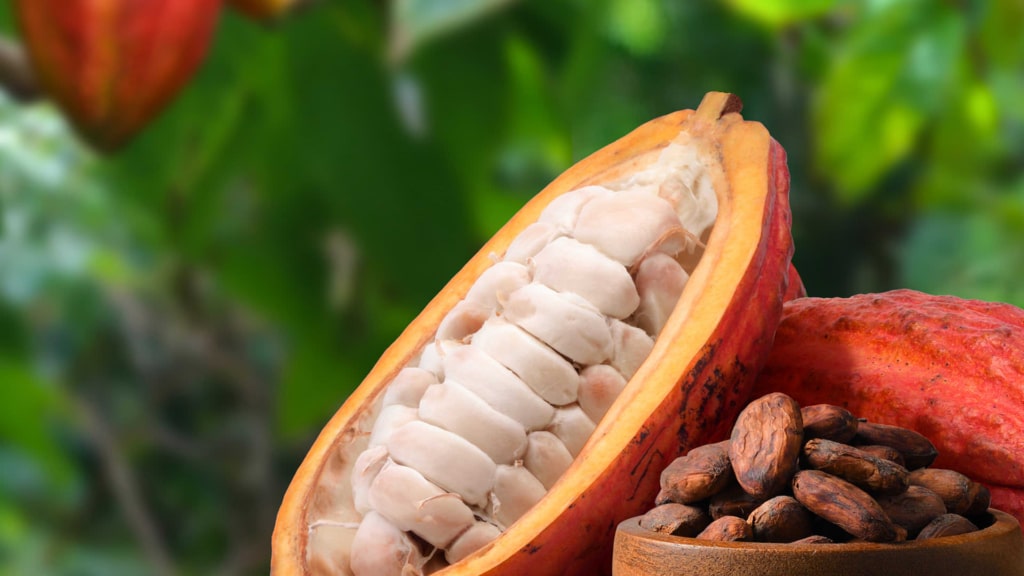Application and registration 2025 à l’Université de Guyane
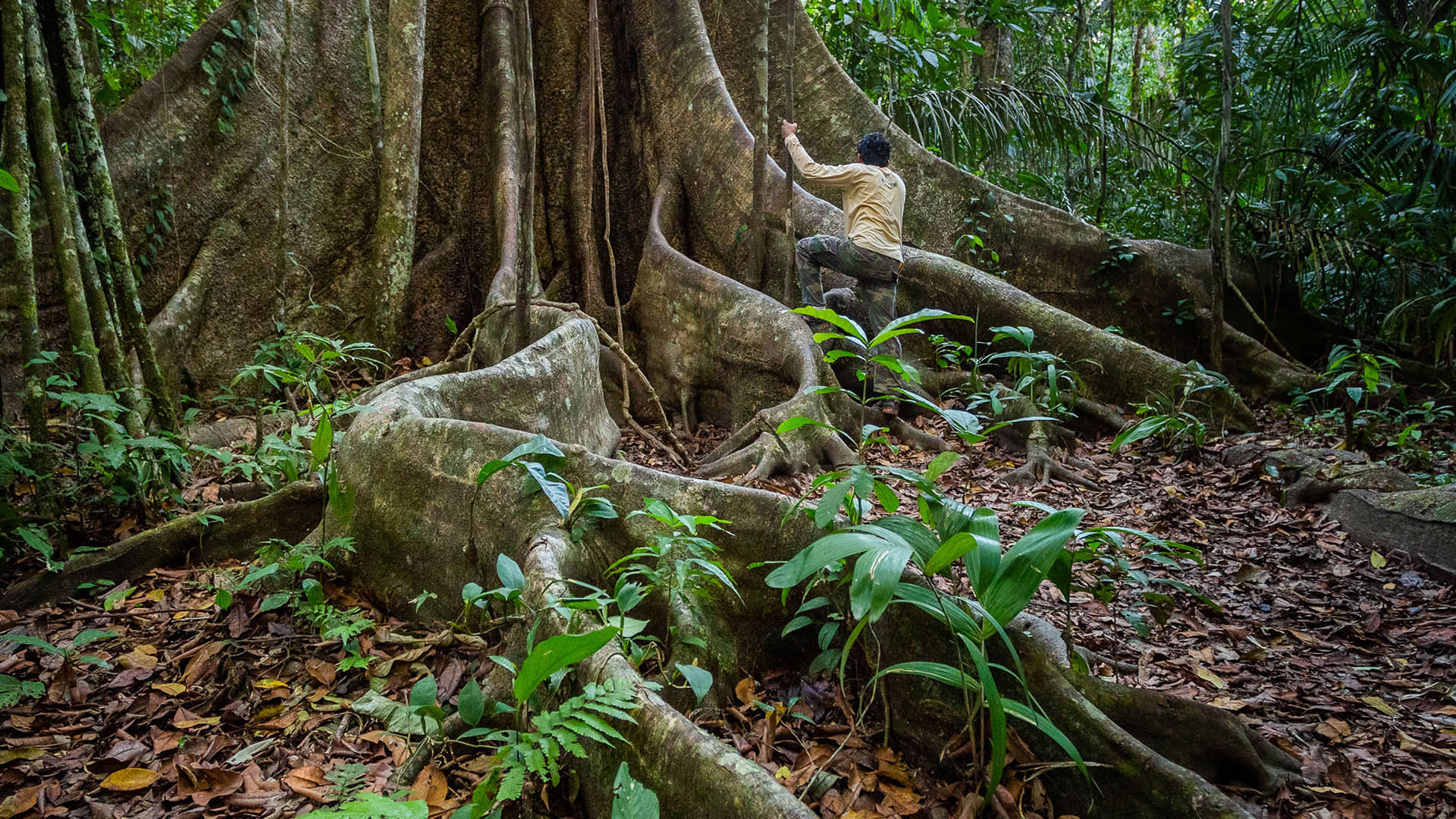
Lhe Unité Mixte de Recherche (UMR) Écologie des Forêts de Guyane brings together the expertise and resources of several prestigious institutions: AgroParisTech, CIRAD, CNRS, INRAE, and the Universities of French Guiana and the French West Indies. This synergy of skills enables the unit to play a central role within the Centre d'Étude de la Biodiversité Amazonienne (CEBA) Laboratory of Excellence (Labex), of which it is the executive director.
The UMR stands out for its interdisciplinary approach, integrating ecology, materials science and other complementary fields. Its scientific project has two main objectives:
- Understanding the complex dynamics of tropical forest ecosystems. This includes the study of the interactions between biodiversity and the functioning of forests, whether exploited or not, as well as their response to environmental pressures, such as climate change and human activities.
- Encouraging innovation in the sustainable use of forest resources. In a context where biodiversity is particularly rich, the unit is exploring innovative solutions, while taking into account the specific challenges posed by the environmental conditions of the humid tropics.
Through these missions, the UMR Écologie des Forêts de Guyane is positioning itself as a key player in the preservation and development of tropical forests, contributing to a better understanding of these unique ecosystems and the implementation of sustainable practices.
Research areas
It is organised into five main areas:
- Plant Development and Functioning (DFP), the aim of which is to gain an integrated understanding of all the processes and mechanisms that enable plants to develop, survive and reproduce throughout their lifetime.
- Evolution and Chemical and Molecular Ecology (EECM), which focuses on the study of these processes that modulate molecular, chemical and trait diversity, all of which play a part in the performance of individuals in their environment.
- Community Patterns and Assemblies (PAC), which aims to significantly improve our understanding of the factors influencing species turnover in tropical rainforests.
- Ecosystem Processes and Services (PES), which quantifies the consequences of global change on (1) ecosystem processes such as food flows, dynamics and food webs, and (2) ecosystem services provided by tropical forests and ecosystems resulting from changes in forest land use (plantations, agro-forests and agro-socio-ecosystems).
- Bio-discovery, Uses and Technologies (BUT), which aims to contribute to the discovery of original and applied solutions based on local resources.
Download our presentation brochure
Consult the unit's publications deposited in the HAL- EcoFoG collection
Geographical locations and facilities
Administration, classrooms, documentation centre and accommodation are located on the 15-hectare agronomy campus in the heart of Kourou.
The different laboratories (chemistry of natural substances, wood science, ecological genetics and genomics, interaction biology, ecophysiology, civil engineering) are located in Kourou on the agronomy campus, in the Pariacabo area and at the IUT, as well as in Cayenne (IRD) and Guadeloupe.
The teams have privileged access to the Paracou research station in Sinnamary. This site, managed by CIRAD, is organised into several plots for studies and experiments in primary and exploited forests. The GuyafluxA 55-metre high tower has also been installed to measure gas exchanges between the rainforest and the atmosphere in real time.
Composition of the team
On average, the unit has :
- 17 researchers and research engineers
- 9 teachers - researchers
- 8 doctoral students
- 12 technicians and lab managers
- 12 administrative and support services
Throughout the year, the unit also welcomes researchers on mission and students on work placements or part-time work placements. The unit is managed by Stéphane Traissac (director), AgroParisTech teacher-researcher, and Jean-Christophe Roggy (deputy director), INRAE researcher.
Further information and news on our website and the Facebook Écologie des Forêts de Guyane
Training
Master 2 course: Tropical Forest Ecology (EFT)
Co-accredited with AgroParisTech, the University of French Guiana and the University of the West Indies, this course enables students to acquire knowledge and tools for analysing and modelling tropical forests in order to address the conservation and management issues of these complex systems. It leads either to research or to jobs in the field of management/conservation of tropical environments. Download the Master 2 brochure
The FTH module: Tropical Rainforests
Since 1994, this module has taken place every year from the end of August to the end of September for 4 weeks. Organised by AgroParisTech, it is open to around fifty students (BAC+5 and BAC+6) from a variety of courses. The aim of the module is to enable students to gain experience of the tropics in general, and of tropical rainforests and French Guiana in particular. The emphasis is on solid training in the life sciences, without neglecting the human sciences through the relationship between man and the forest.
To contact the education officers, please use the form on this page.
Contact
URM EcoFoG campus agronomique de Kourou - Avenue de France - BP 316 - 97310 Kourou - T 05 94 32 93 00 - France www.ecofog.gf
UMR EcoFoG
Area of research :
Ecology, Chemistry, Material Sciences.
Reporting structure(s) :
Guardianship : AgroParisTech, CIRAD, CNRS, INRAE, University of Guyana, University of the West Indies
